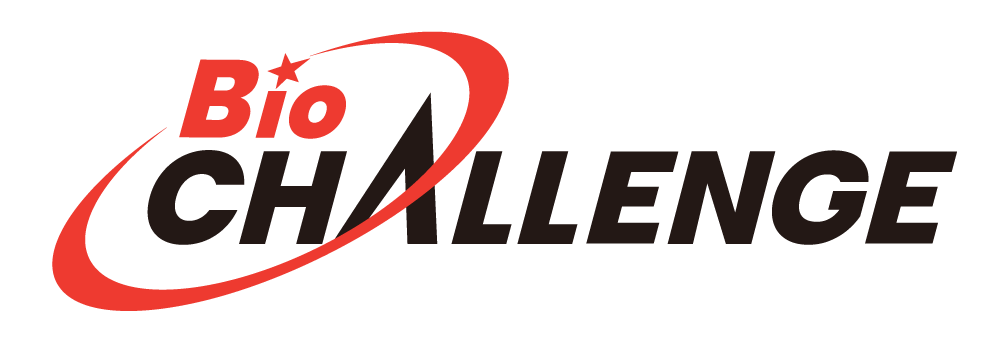New Vaccine Challenge
Background Information
China is the world’s largest producer of vaccines for human use. According to the data disclosed by the China Inspection Institute, China issues 500 million to 1 billion bottles of vaccines each year. In 2018, the number of vaccines issued further rose to 613 million bottles/bottle. The total size of the domestic vaccine market increased from RMB 23.3 billion in 2014 to RMB 37.3 billion in 2019, and is expected to reach RMB 116.1 billion by 2030, with a compound annual growth rate of 10.9%, reflecting the strong growth momentum of the vaccine industry.
Vaccines, as a preventive product, have high economic value, especially because of their special populations (children, women, the elderly, etc.), and their demand is relatively rigid; due to China’s second-child policy, and there will be an expected more than 18 million newborns each year in the future. The vaccine market is in great demand; due to the COVID-19 epidemic, people have a higher awareness of the importance of vaccination. Thus the industry is expected to have further expansion.
In order to further promote the development of China’s biopharmaceutical industry, the “MyBioGate Global Innovation Challenge-New Vaccines” will focus on the needs of the Chinese market as well as the development needs of enterprises and professional parks by recruiting innovative projects and teams from around the world. With the help of the project selection, roadshow docking and cross-border acceleration mechanisms of the MyBioGate Global Challenge, we will assist Chinese industrial parks, investment institutions and enterprises, to efficiently connect and interact with global preferred projects to achieve landing of new companies in China.
Project Focus
Focus on collecting vaccines, such as synthetic peptide vaccines, antibody vaccines, genetically engineered vaccines, DNA vaccines, RNA vaccines, and so forth.
Submitted Projects:
Project ID: VAX100
Category: New Vaccine Challenge
COVID-19 intranasal vaccine
A biotechnology company from the United States, just announced the COVID-19 intranasal vaccine project on February 28. The vaccine uses company’s proprietary technology, and the design and synthesis of the vaccine has been completed, and it is being promoted in animal testing and production. Clinical testing of the vaccine can start as early as August. This new intranasal vaccine is based on the same platform vaccine technology as company’s influenza vaccine candidate NasoVAX and aims to provide systemic immunity after a single intranasal administration. A recent phase 2 clinical study conducted with NasoVAX emphasized that intranasal vaccine delivery can stimulate a durable and broad immune response against influenza viruses.
Indications: epidemic viruses
Stage: Pre-clinical
Partnering Objective: Fundraising, Licensing
Country: USA
Project ID: VAX101
Category: New Vaccine Challenge
Keyword: Polyoxidonium immunomodulator
Leading Russian vaccine manufacturer, proposes an additional tool to fight Wuhan coronavirus outbreak: Polyoxidonium immune modulator, PO for short. PO is currently used as a standalone drug in infectious diseases since 1996.
According to limited available data two thirds of 2019-nCoV patients have lymphopenia and many of those who died from the virus had co-morbidities or were >50 years old. From previous coronavirus epidemics we know that immunocompromised individuals are more likely to get infected and die from the disease. Therefore therapies that enhance immune function may have effect in decreasing mortality and severity of disease. PO was extensively studied in Russia as a single agent immune modulator in patients with infectious diseases in multiple trials. Results of these studies make PO in our view a very promising molecule for treating 2019-nCoV patients.
In several clinical trials in cancer patients receiving chemotherapy PO administration led to significant increase in blood CD4 and CD8 cell counts. In HIV infected patients with pneumonia PO administration in combination with antibiotics led to drastic decrease of duration of symptoms in comparison with antibiotics alone. CD4 counts in these patients were also increased due to PO action. This effect was repeated in two-year old pneumonia patients (young children have underdeveloped immunity). In patients with primary immunodeficiency PO shortened the duration of infection disease episodes and increased the duration of remission. The inclusion of PO in the treatment of patients with acute pancreatitis reduced mortality by 2 times. It is worth mentioning that safety of PO was proven in more than 20 clinical trials and were conducted in Russia and in other countries, including Slovakia. In all clinical studies and for many years of use in clinical practice Polyoxidonium showed a good safety profile.
We believe that PO should be studied as an immune enhancing agent in 2019-nCoV patients due to its effect on lymphocyte count and on the duration of pneumonia in immunocompromised patients. Therefore therapies that enhance immune function may have effect in decreasing mortality and severity of disease in 2019-nCoV patients.
We suggest to organize collaborative study with Chinese virologists currently fighting nCoV outbreak.
Indications: Covid-19 and other epidemic viruses
Stage: On the market
Partnering Objective: Commercialization Licensing
Country: Russia
Project ID: VAX102
Category: New Vaccine Challenge
Keyword: Hepatitis B functional cure vaccine
The project is developing VVX001, a therapeutic vaccine for chronic hepatitis B with the goal of achieving a functional cure. The product is differentiated by specifically eliciting antibodies targeted to the attachment site of the virus through the PreS1 component of the large surface antigen. It has been demonstrated that antisera from immunized human subjects prevent infection of cells by the hepatitis B virus (neutralizing antibodies). In addition VVX001 stimulates PreS specific CD4- and CD8 cells, which in concert with ADCC and ADCP triggered by the antibodies will contribute to elimination of infected hepatocytes and thereby removal of cccDNA from the liver of the patient. The product is currently in a phase I/II trial, where its effect is analyzed in vaccination naive subjects, subjects who failed to mount a protective immune response to conventional vaccination and patients with chronic
hepatitis B on long term treatment with nucleotide/nucleoside antivirals. Readout of this trial is expected in 2021. The product is available for outlicensing or co-development. We are also seeking funding for worldwide clinical development.”
Indications: Chronic hepatitis B
Stage: Phase II
Partnering Objective: Co-development, Licensing
Country: Austria
